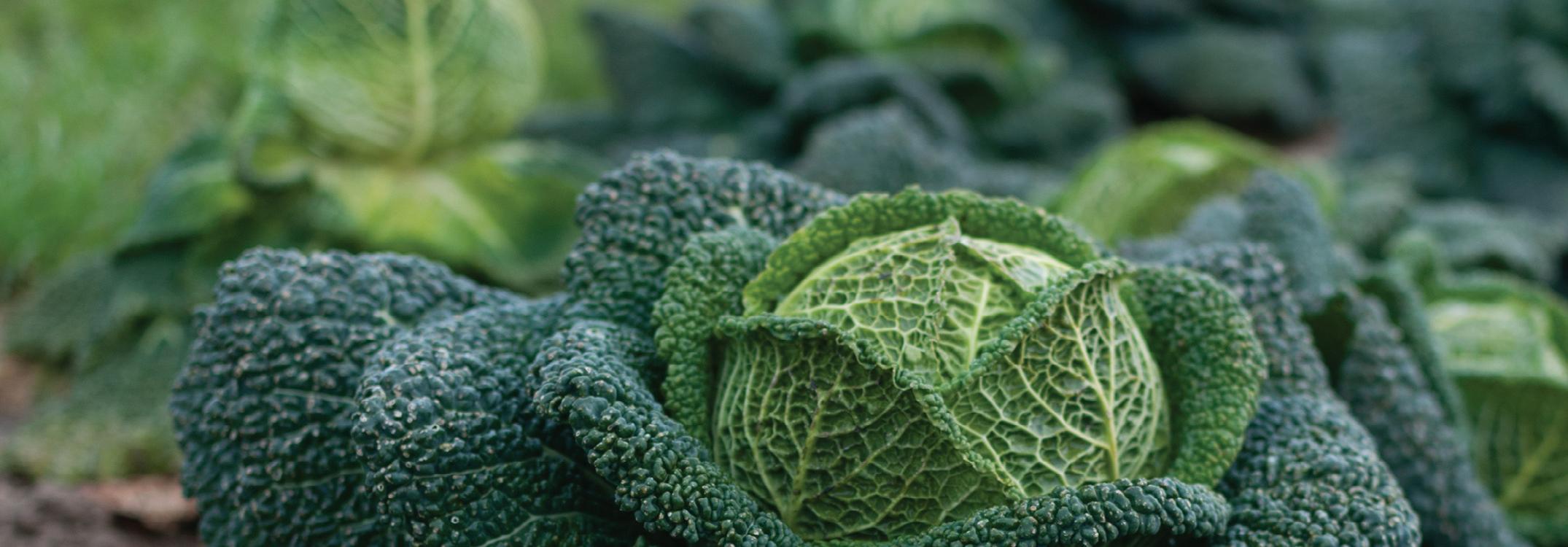
4 minute read
Gardening – cultivating wellbeing through the year
By Gerard Tan
Gardening can be a rewarding and enjoyable experience, but it does come with its unique set of challenges. Our climate is known for its variability, with hot and dry summers and cool and damp winters. As the seasons change, so too do our gardens.

Gardening is known to have numerous benefits for our mental and physical health. Observing the changes in our gardens can support our wellbeing across the seasons by help us to connect with nature and promote a sense of mindfulness.

In springtime, we see new growth and an explosion of colour as flowers begin to bloom. This is a time of renewal and regeneration, and it can be a great opportunity to get outside and start working on our gardens. Planting new flowers and vegetables can be a great way to connect with the earth and promote a sense of wellbeing. Getting our hands dirty and feeling the soil beneath our fingers can be a grounding experience, and studies have shown that gardening can reduce stress and anxiety.
As spring gives way to summer, we start to see the rewards of our hard work, when plants begin to produce their flowers and fruits. This is a time of abundance and vitality, and it’s important to take the time to appreciate the beauty of our gardens. Whether it’s sitting outside and enjoying the warm weather or harvesting our crops, being in nature can have a positive impact on our mental health. Spending time in the sun (with appropriate protection!) can also boost our vitamin D levels, which is important for bone health and immunity.
As autumn arrives, and leaves begin to change and fall, there is a shift in the colours and textures of our gardens. This is a time of transition and preparation for the winter months. It can be a good opportunity to reflect on the past growing season and plan for the next one. Harvesting the last of our crops and cleaning up our gardens can be a satisfying experience, and it can help us to feel a sense of accomplishment. Studies have also shown that spending time in nature can improve our mood and cognitive function, which can be helpful as we begin to adjust to the changing seasons.
Finally, as winter sets in, the leaves have fallen, the flowers wilted, and the weather is grey and wet. Winter can be a time of rest and regeneration, for our gardens and ourselves. Mulching the soil or pruning our dormant trees can help ensure that our gardens are ready for the next growing season. Depending on our goals and resources, we could also choose to maintain the rhythm of growing by planting winter crops, such as kale, chard, and spinach. The physical activity and prospect of delicious produce can support our physical wellbeing, but also help us feel more grounded and centered during the winter months.
In conclusion, paying attention to the seasonal changes in our garden can be a great way to promote our mental and physical health. Whether it's by planting new flowers in the spring, enjoying the abundance of summer, reflecting on the past growing season in the fall, or caring for our gardens during the winter, being in nature can have a positive impact on our wellbeing. By taking the time to connect with our garden and appreciate its beauty, we can promote a sense of mindfulness and improve our overall quality of life.










